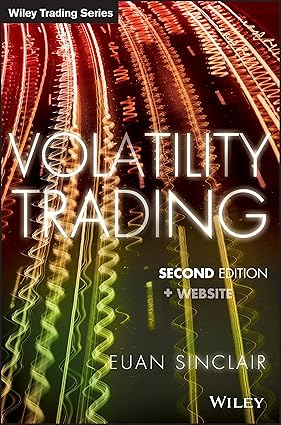
Working the Boundaries: Race, Space, and “Illegality” in Mexican Chicago
Author: Nicholas De Genova
Publisher: Duke University Press Books ()
Edition: N/A
Publication Date: 2005-10-18
Language: English
Paperback: 352 pages
ISBN-10: 0822336154
ISBN-13: 9780822336150
Book Description
While Chicago has the second-largest Mexican population among U.S. cities, relatively little ethnographic attention has focused on its Mexican community. This much-needed ethnography of Mexicans living and working in Chicago examines processes of racialization, labor subordination, and class formation; the politics of nativism; and the structures of citizenship and immigration law. Nicholas De Genova develops a theory of “Mexican Chicago” as a transnational social and geographic space that joins Chicago to innumerable communities throughout Mexico. “Mexican Chicago” is a powerful analytical tool, a challenge to the way that social scientists have thought about immigration and pluralism in the United States, and the basis for a wide-ranging critique of U.S. notions of race, national identity, and citizenship.
De Genova worked for two and a half years as a teacher of English in ten industrial workplaces (primarily metal-fabricating factories) throughout Chicago and its suburbs. In Working the Boundaries he draws on fieldwork conducted in these factories, in community centers, and in the homes and neighborhoods of Mexican migrants. He describes how the meaning of “Mexican” is refigured and racialized in relation to a U.S. social order dominated by a black-white binary. Delving into immigration law, he contends that immigration policies have worked over time to produce Mexicans as the U.S. nation-state’s iconic “illegal aliens.” He explains how the constant threat of deportation is used to keep Mexican workers in line. Working the Boundaries is a major contribution to theories of race and transnationalism and a scathing indictment of U.S. labor and citizenship policies.
未经允许不得转载:Wow! eBook » Working the Boundaries: Race, Space, and “Illegality” in Mexican Chicago
 Wow! eBook
Wow! eBook


